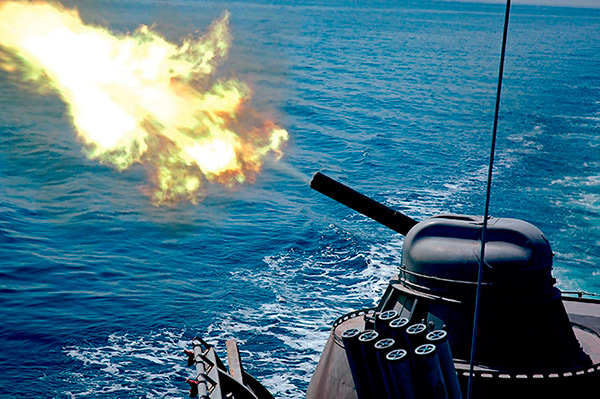
The struggle of systemic liberals against statists for funds from the NWF, as it appears, ended with the victory of the last. Money from the National Wealth Fund will not go to "high-yielding Western investments", and in the development of domestic infrastructure. The Russian government presented seven projects at once, where savings from oil surplus profits will be involved. What are these projects, and who will be responsible for their implementation?
Recall, that the NWF accumulates revenues from the sale of Russian oil for export, exceeding 40 dollars per barrel. According to the budget rule, they can be spent only when the liquid part of the fund is exceeded 7% VVP. To date, it has accumulated almost 14 trillion rubles. For the opportunity to "master" this considerable money, a serious struggle has long been unfolded., looks like, that they will still remain in our country, but will not go abroad. It should be noted, that the NWF can only act as a co-investor, covering only 20% from the necessary expenses. true, The Ministry of Finance of the Russian Federation recently came up with the idea of bringing this share to 40%. The total cost of seven infrastructure projects is estimated at 4,9 trillion rubles, of which the fund will finance 900 billions. so, we'll see, Where will the Russian oil super profits from the "Kudrin's stash" go??First project, in which the NWF is actively involved, this is the third stage of BAM modernization. We talked in detail about the need to expand the capacity of this railway line earlier.. Russian Railways highly appreciated the cost of the third stage of BAM and Transsib and considered it impossible without attracting additional co-investment, as stated directly by the deputy general director of the corporation Sergey Markov:Cost parameters are quite serious: according to preliminary estimates, without electrification, work can cost 350 billion rubles, electrified – 700 billion rubles.
The government is ready to allocate from the fund 188 billion rubles. Second project, also associated with the development of railway communication in Russia, involves investments in the Central Transport Hub in Moscow and the Moscow Region. The volume of investments from the NWF will be 105 billion rubles. This money will be used to build the capital's central railway diameters, new stations, old ones were reconstructed. The third and fourth projects are also connected with roads, but not iron, but by automobile. Avtodor will receive from the state 200 billion rubles, of which 150 will go to the construction of the high-speed highway M-12 "Moscow - Nizhny Novgorod - Kazan", and the remaining 50 - on the high-speed highway "Kazan - Yekaterinburg". Not a secret, that the Russian authorities expect to integrate the newly created transport infrastructure into the Chinese "New Silk Road", which would be an additional stimulus for the development of the economy of the country and regions, through which highways will pass. The fifth project involves a large-scale renovation of the St. 129,3 billion rubles. The company "Transmashholding" of famous businessmen Bokarev and Makhmudov will be engaged in its implementation. At the expense of the fund will be paid 97 billion rubles, i.e, three quarters of the cost of renovating the cars of the Petersburg Metro. The sixth and seventh infrastructure projects will receive a total 305 billion rubles. Of them 150 billions will go to the Housing and Utilities Development Fund, who will have to spend them on the modernization of communal infrastructure in Russian regions. Yet 155 billion will be spent on the advance disclosure of the socio-economic potential of the Angara-Yenisei macroregion. note, that it includes the Krasnoyarsk Territory, Tyva Republic, Republic of Khakassia and Irkutsk region. This macroregion has high potential in the field of industrial development, Agriculture, tourism, medicine and education. Foreign business is showing interest in participating in its development, in particular, famous South Korean companies Daewoo Construction, Samsung Corporation, Posco International, PNSNetworks, SmartClub and others. The desire of the federal center to facilitate the implementation of such regional projects can only be welcomed., what means, received from the export of Russian hydrocarbons, finally, will go to the development of domestic infrastructure, and not in the financial sector of Western countries, who are our direct competitors and adversaries.
Sergey Marzhetsky











